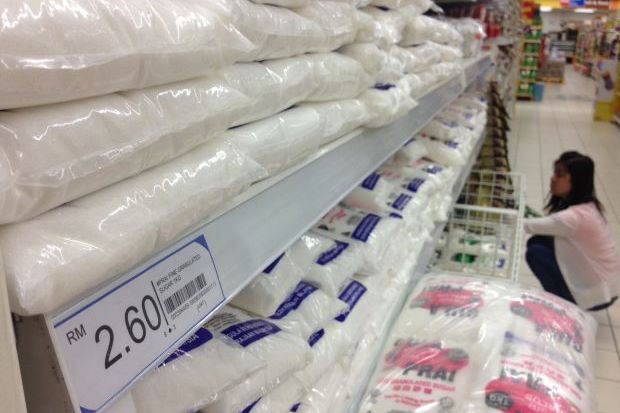Malaysians set to tighten purse strings as reality bites, World Bank predicts

(MM) – Domestic households that are the engine of the country’s economy are likely to spend at a slower pace as the effects of subsidy cuts, higher energy tariffs and rising debt all hit home, the World Bank said.
It added that the reduced spending by Putrajaya in its bid to trim its own chronic budget deficit will also likely exacerbate the slower growth in consumer spending as a result of smaller bonuses for the 1.4 million civil servants in its employment.
The World Bank also expects Putrajaya to continue down the path of reduced spending next year, adding that fresh subsidy cuts were a possibility.
“[Household] expenditure faces potential headwinds in the form of the government’s fiscal consolidation efforts, namely subsidy rationalisation and lower civil service bonuses.
“Reduced energy subsidies, not only in terms of additional fuel price hikes but also an adjustment of electricity tariffs, may have a knock-on impact on consumer prices, as may the wider introduction of the minimum wage,” it said in its “Malaysia Economic Monitor” report.
A ratings outlook downgrade by Fitch in September had forced Putrajaya’s hand on the subsidy cuts that it had put on hold ahead of Election 2013, prompting the federal government to raise pump prices for RON95 petrol and diesel by 20 sen/l.
The move led analysts to predict an electricity tariff hike, which Putrajaya promptly delivered when it announced a 15 per cent increase beginning January 1 or more than double the previous hike.
In Budget 2014, price support for sugar was also eliminated.
The rapid-fire subsidy cuts are expected to cause inflation to rise and add to the pressure on Bank Negara Malaysia to raise interest rates that it has steadfastly kept at 3 per cent for nearly three years.
“Private consumption may also be negatively affected by possible interest rate hikes and tighter credit markets, with signs of weaker credit expansion already appearing this year,” it added.
The combined pressures are expected to moderate growth in household spending to 6.5 per cent in 2014, down from 8.4 per cent for the current year.
The World Bank added that Malaysian households continued to grapple with already high debt levels, which has continued to grow despite credit restrictions imposed by Bank Negara this year.
“Despite the moderation in the growth of loans for personal use and credit cards, the overall growth of household loans was stable due to higher growth in loans for the purchase of cars and property.”
The household debt in proportion to the GDP was 83 per cent of GDP as at March 2013, compared with 80.9 per cent as of end-2012.
Reductions to the rate of consumer spending growth will force the country to rely on exports to sustain economic expansion, but the report also noted that this was expected to rise next year on the back of higher energy commodity and petrochemical production.
The World Bank forecast a GDP growth of 4.9 per cent for Malaysia in 2014.

